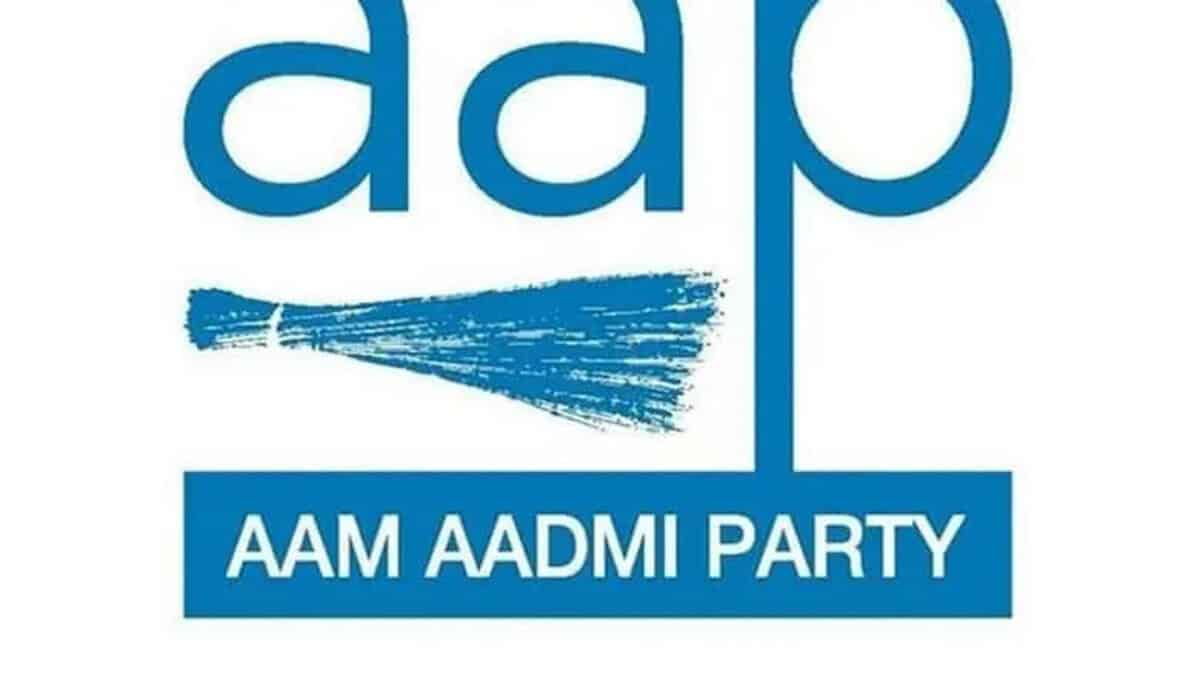
New Delhi: AAP on Wednesday alleged that the ruling BJP was using Delhi’s Anti Corruption Branch (ACB) as a tool to target its leaders, after Manish Sisodia and Satyendar Jain, both former ministers, were summoned for questioning in a corruption case.
The AAP said there was no corruption in the construction of classrooms the two leaders are being accused of, and the ACB summons were “pure politics”.
The ACB has summoned Sisodia and Jain over alleged graft in the construction of classrooms in government schools. Jain has been asked to appear before the ACB on June 6, while Sisodia has been summoned for questioning on June 9, an official said on Wednesday.
Reacting to the summons, the Aam Aadmi Party (AAP) said, “This is not a scam by any stretch. It’s a calculated political ploy by the BJP. They are weaponising institutions to attack AAP leaders and create a false narrative. There is no substance to these allegations. It is pure politics.”
There was no immediate reaction from the BJP on AAP’s allegations.
The summons came after an FIR was registered by the ACB on April 30 based on allegations of financial irregularities to the tune of Rs 2,000 crore in the construction of over 12,000 classrooms or semi-permanent structures in Delhi government schools.
“When the Aam Aadmi Party held power in Delhi, the BJP systematically defanged the ACB to strip it of any real authority. Today, they are using the same weakened institution as a tool to target AAP leaders and further their own agenda,” AAP said in a statement.
The BJP came to power after nearly 26 years in Delhi following the February polls.
“It is becoming increasingly clear that the BJP has no intention of governing — their entire five-year plan seems to revolve around targeting us, abusing us, and somehow running a government on lies and vendetta,” it said.
In 2019, BJP leaders Kapil Mishra, Harish Khurana and Neelkant Bakshi filed a complaint with the ACB, alleging serious financial irregularities in the construction of classrooms across three zones of Delhi.
According to the complaint, the average cost per classroom was pegged at Rs 24.86 lakh — significantly higher than the estimated Rs 5 lakh cost for similar structures.
Officials said an investigation is currently underway and further action will be taken based on findings from the ongoing inquiry.


